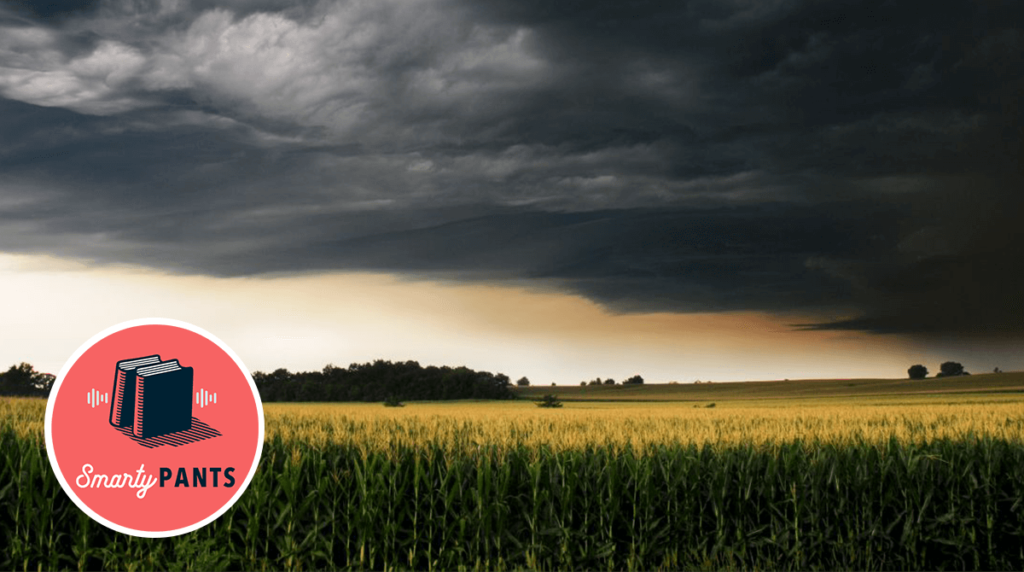How to Save Farming From Itself
The “quiet emergency” created by industrial agriculture

For decades, we’ve been filling our plates with fruit and vegetables from California’s Central Valley and with meat fattened by the golden fields of the Corn Belt. But the future of almonds and soybeans looks grim. Industrial agriculture yields massive crops, but in the process destroys its own foundations: groundwater and topsoil. In his new book, Perilous Bounty, journalist and former farmer Tom Philpott explores the contradictions in our food supply by narrowing his focus to these agricultural essentials—water and earth. He reveals a “quiet emergency” happening on our fruited plains, profiles the farmers adapting old ways to a new era, and suggests ways we might reimagine not only the future of food, but that of the people who grow, pick, and package it.
Go beyond the episode:
- Tom Philpott’s Perilous Bounty
- Read his Guardian essay, “Unless we change course, the US agricultural system could collapse”
- Philpott’s recent reporting has focused on the meatpacking industry, especially poultry production
- And his recent article for Mother Jones features none other than Rob Wallace, the epidemiologist we interviewed back in March on “How Global Agriculture Grew a Pandemic”
- If you’re missing dinner parties (we are!) listen to this immersive episode with Alexandra Kleeman and Jen Monroe, who served a futuristic menu set 30 years into our climate crisis
Tune in every week to catch interviews with the liveliest voices from literature, the arts, sciences, history, and public affairs; reports on cutting-edge works in progress; long-form narratives; and compelling excerpts from new books. Hosted by Stephanie Bastek.
Subscribe: iTunes • Feedburner • Stitcher • Google Play • Acast
Download the audio here (right click to “save link as …”)
Have suggestions for projects you’d like us to catch up on, or writers you want to hear from? Send us a note: podcast [at] theamericanscholar [dot] org. And rate us on iTunes!


